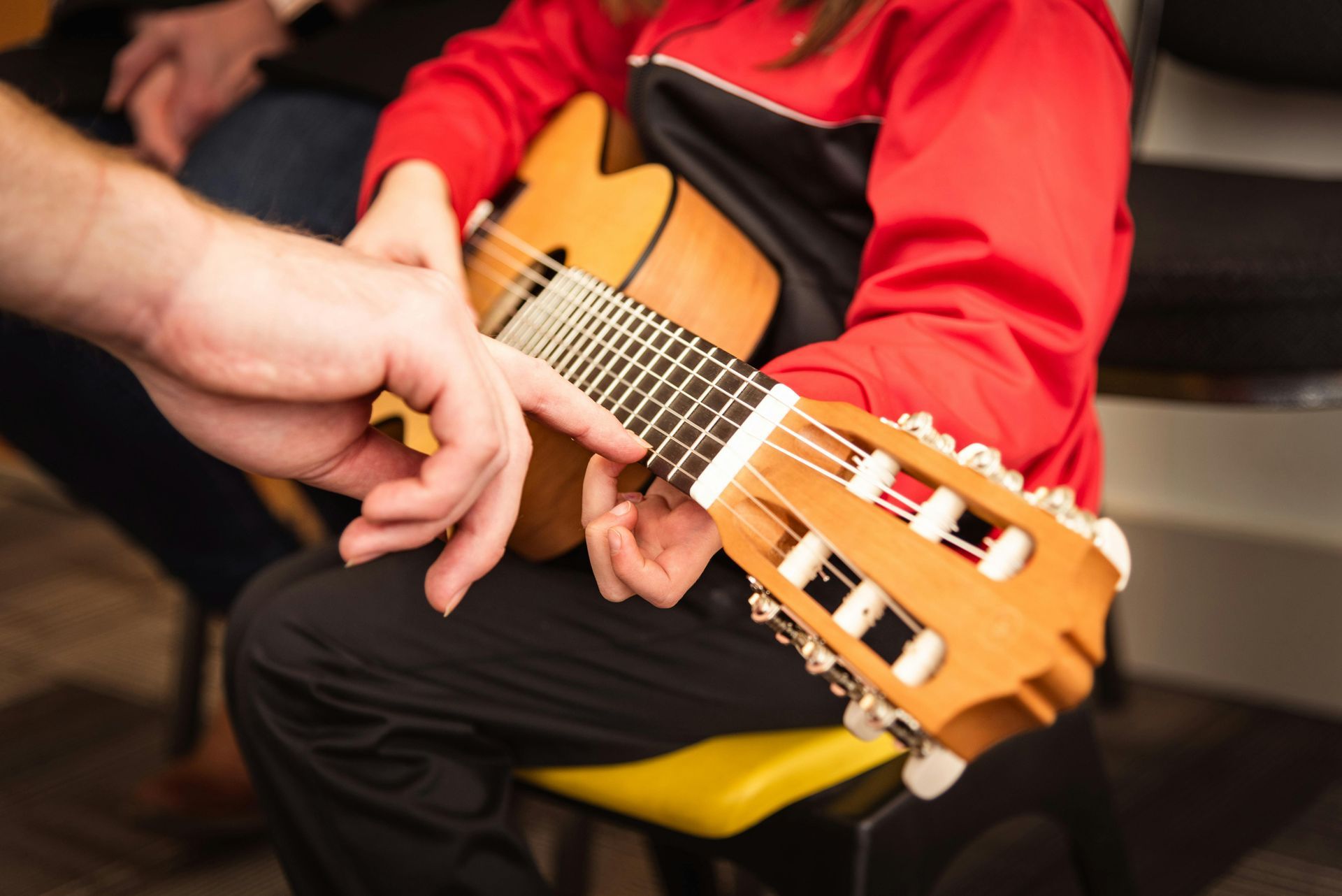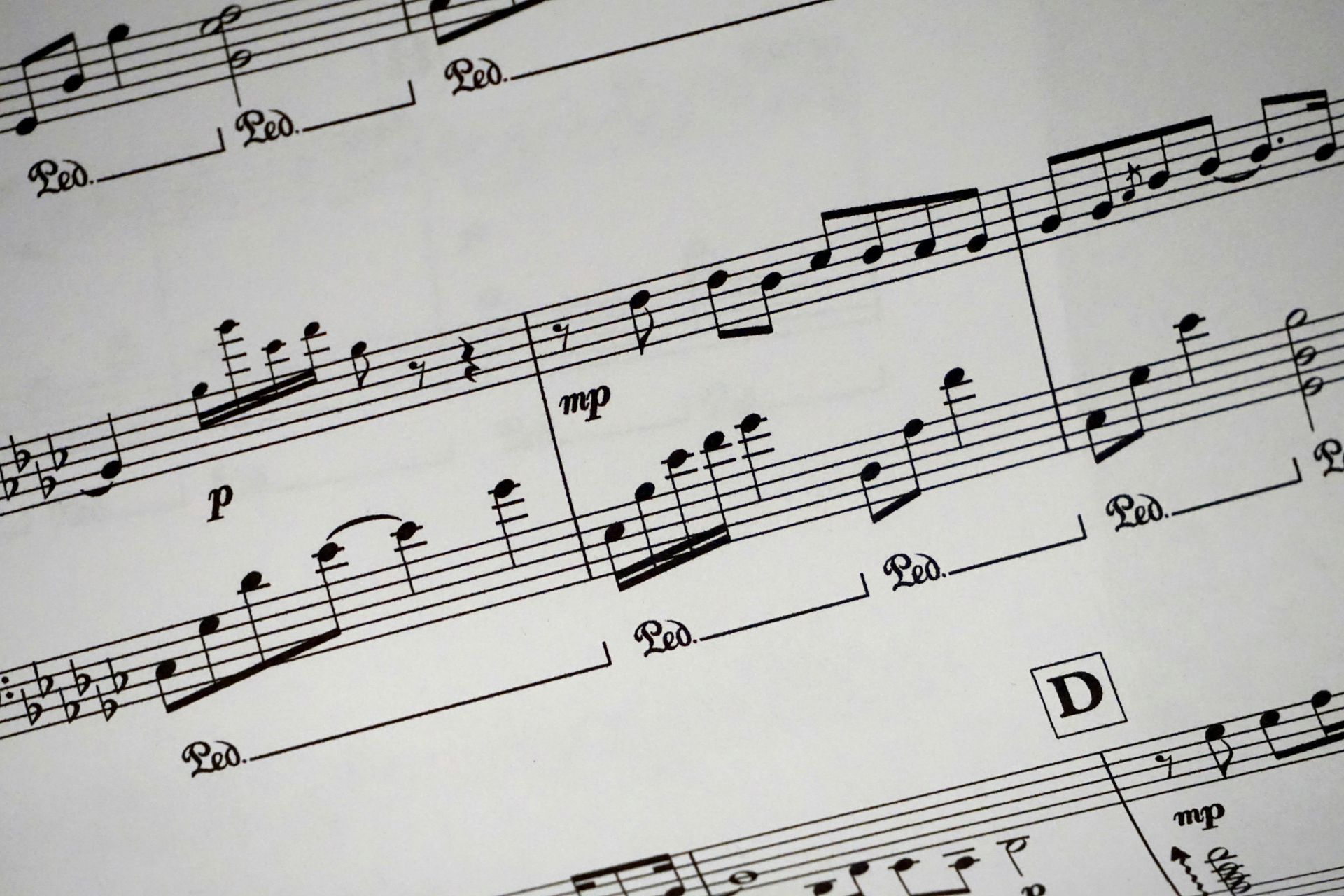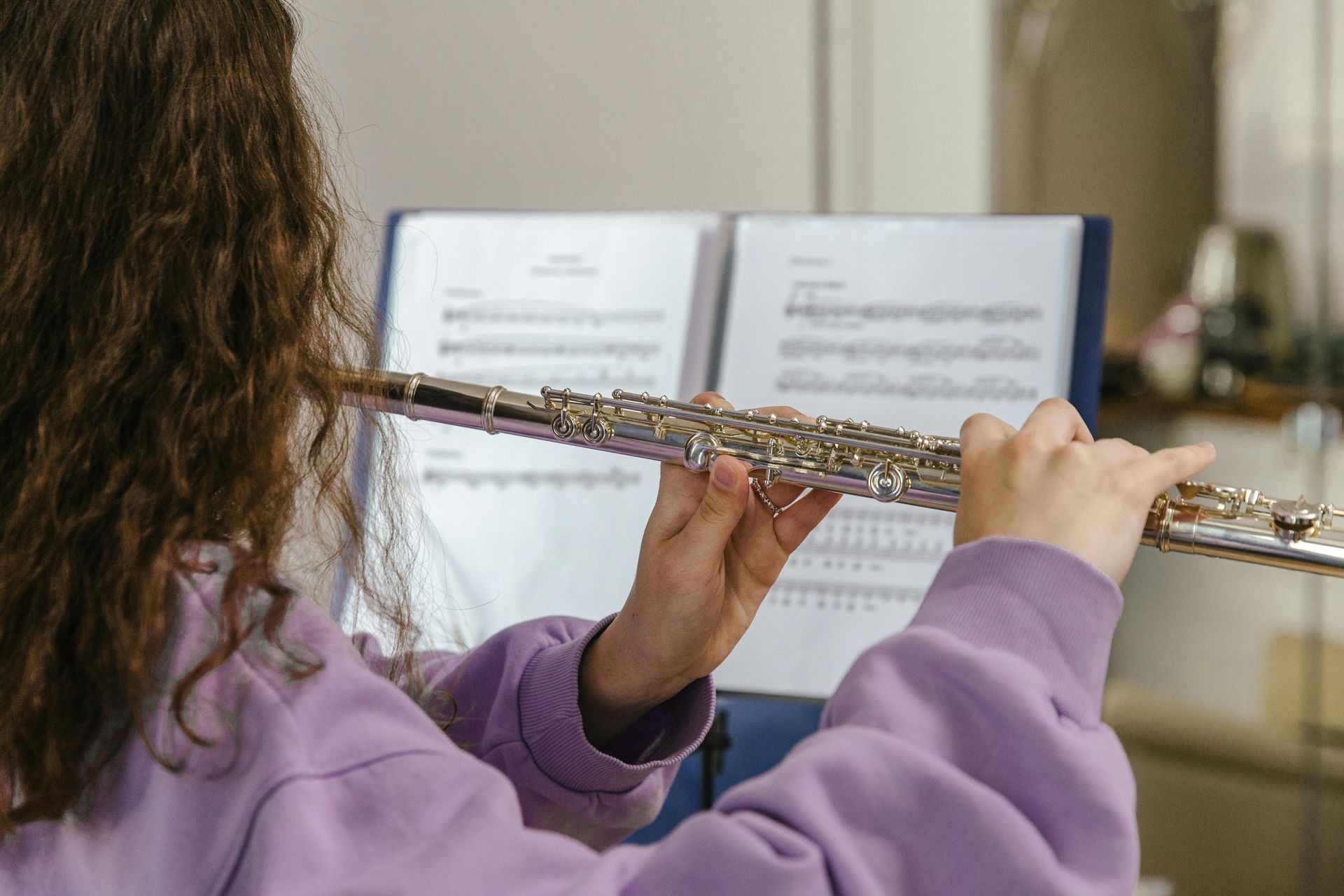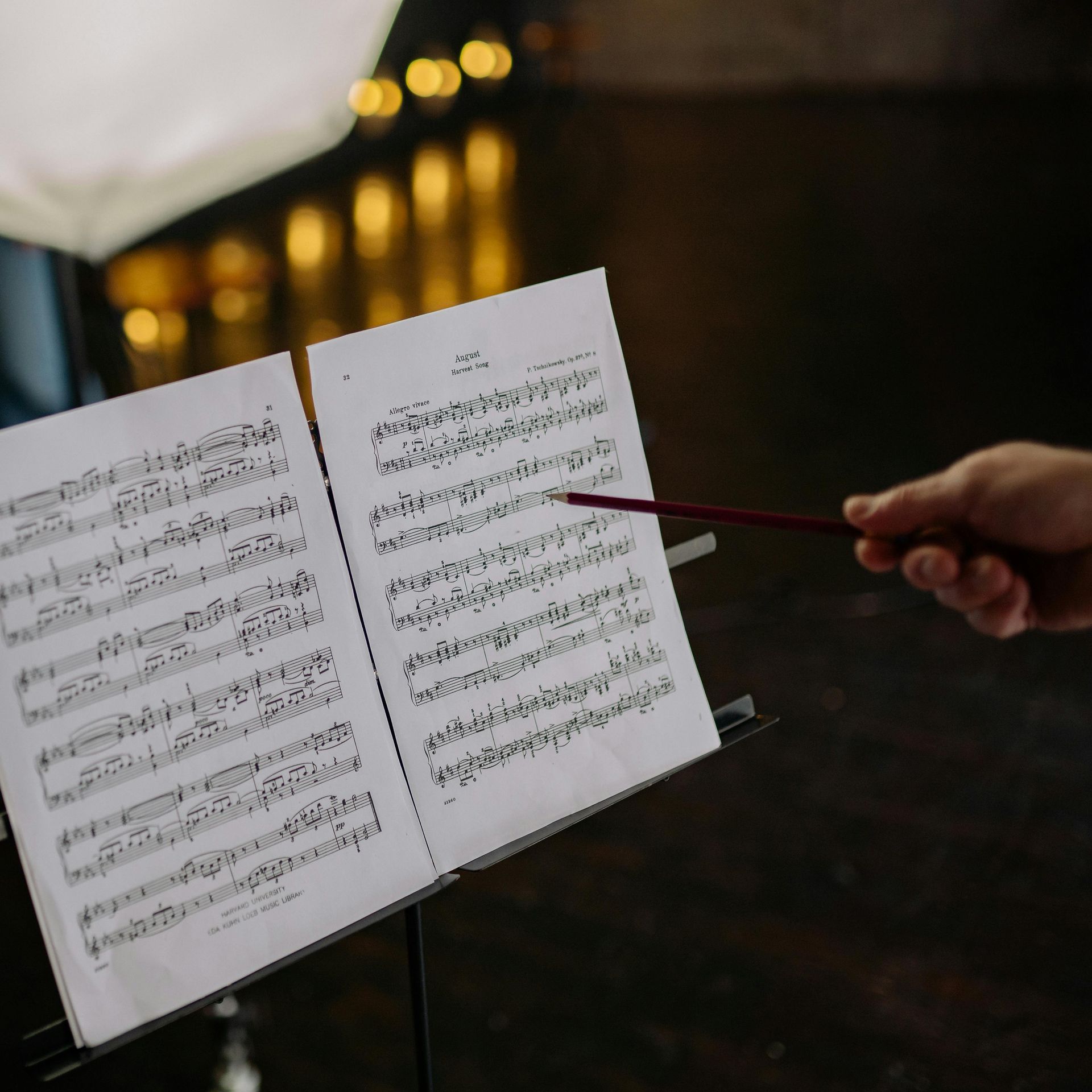How to Build Better Practice Habits: 4 Simple Steps to Becoming a Successful Music Student
Every parent dreams of seeing their child sit down to practice without constant reminders — and every student wishes practicing felt more enjoyable.
The truth is, motivation doesn’t happen by accident. In his best-selling book Atomic Habits, author James Clear explains that every habit — good or bad — follows the same pattern: Cue → Craving → Response → Reward.
When we understand this pattern, we can intentionally design habits that make practice easier, more consistent, and more rewarding.
Let’s explore how these 4 steps can transform your child’s music journey.
🎯 1. Cue → Make Practice Obvious
Every habit begins with a cue — something that tells your brain, “It’s time to act.”
For music students, that cue should be clear and visible.
✅ Make the instrument easy to access.
If the piano bench is covered in books or the guitar is zipped inside a case, practice is out of sight and out of mind. Set up a small, inviting space that calls your child to play.
✅ Connect practice to an existing routine.
James Clear calls this “habit stacking.” For example:
- “After I finish my homework, I’ll play piano for 10 minutes.”
- “After dinner, I’ll practice my guitar before screen time.”
By linking practice to something that already happens, you remove the “when should I do it?” decision — and habits grow more naturally.
💡 2. Craving → Make Practice Attractive
The craving is what motivates a habit to happen. To build lasting practice habits, practice must feel rewarding, not like a chore.
✅ Start with music your child loves.
When students enjoy what they’re learning, they’re more likely to stay consistent — and eventually develop the discipline to tackle harder pieces.
✅ Celebrate effort, not just results.
Say things like: “I noticed how focused you were!” or “I love how you didn’t give up on that tricky part.” Recognition fuels motivation far more than reminders ever could.
✅ Let small wins count.
Even five minutes of focused practice can build momentum. James Clear reminds us that habits grow through repetition, not perfection.
🪞 3. Response → Make Practice Easy
This is the actual behavior — sitting down to play, opening the book, or tuning the instrument.
But here’s the secret: the easier it is to start, the more likely it will happen.
✅ Shrink the first step.
Tell your child, “Just play one song,” or “Let’s set a two-minute timer.”
Once they start, momentum usually takes over.
✅ Remove friction.
Keep books open to the right page, music stand ready, and accessories nearby. The less effort it takes to begin, the less resistance they’ll feel.
✅ Show up, even on off days.
Consistency beats intensity. Students who “just show up” daily — even briefly — progress faster than those who wait for perfect conditions.
🌟 4. Reward → Make Practice Satisfying
A habit becomes long-lasting when the brain associates it with a positive feeling.
✅ End on a good note.
Encourage students to finish practice by playing something they enjoy — a favorite song or a fun warm-up. It helps the brain link practice with enjoyment, not obligation.
✅ Track progress visually.
Younger students love seeing progress! A sticker chart, journal, or digital tracker turns effort into something tangible and satisfying.
✅ Celebrate milestones.
Finishing a piece, performing in a recital, or mastering a tricky passage — all deserve recognition! These moments reinforce that practice pays off.
💬 Final Thoughts
James Clear says, “You do not rise to the level of your goals. You fall to the level of your systems.”
In music, that means greatness doesn’t come from one amazing lesson or one long practice session — it comes from a system of small, consistent habits practiced with joy.
When parents and students work together to create clear cues, positive motivation, easy access, and meaningful rewards, practice becomes not just routine — but part of who your child is becoming.
At Musical Living Academy, we believe great musicians aren’t born — they’re built, one small habit at a time.
🎵 Engage the Mind 💡 Express the Heart ❤️
👉 Parent Reflection:
This week, try one small change to your child’s practice routine — maybe setting a visible cue, celebrating a small win, or linking practice to a daily routine. Which of the four steps can you strengthen to make practice feel easier and more joyful?
✨ Come Experience a Lesson with Us!
Whether you’re a parent looking for ways to keep your child motivated, or someone curious about starting lessons for the first time, we’d love to help!
💬 Contact us anytime — whether you’re a current member or new to our musical family. Our instructors are always happy to guide, answer questions, and help your child discover the joy of music.










